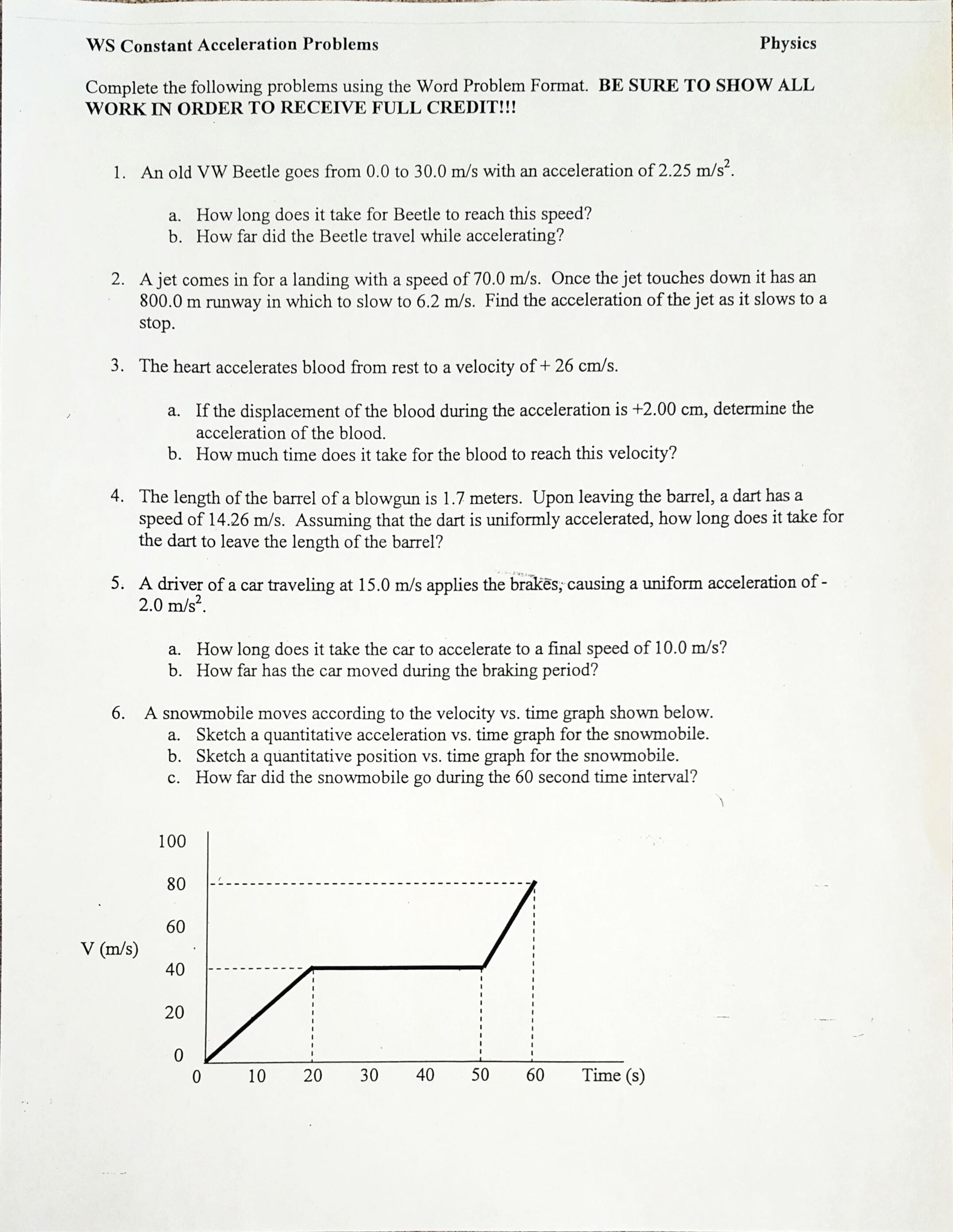Conclusion in breast cancer essay
World Health Organization; A plan breast cancer essay the diagnosis and treatment of cancer is a conclusion component of any overall cancer control plan. Its main goal is to cure cancer patients or prolong their life considerably, ensuring a good quality of life. In order for conclusion in breast cancer essay diagnosis and treatment programme to be effective, it must never be developed in isolation.
It needs to be linked to an early detection programme conclusion in breast cancer essay that cases are detected at an early stage, when conclusion in breast cancer essay is more effective and there is a greater chance of cure. It also needs to be integrated with a palliative care programme, so that patients with advanced cancers, who can no longer benefit from treatment, breast cancer essay get adequate relief from their physical, psychosocial and spiritual suffering.
Furthermore, programmes should include a awareness-raising component, to educate patients, family and community members about the cancer risk factors and the cancer essay for taking preventive breast cancer essay check this out avoid developing cancer.
Breast cancer research paper
Where resources are limited, diagnosis and treatment services should initially target all patients presenting with curable cancers, such as breast, cervical and oral conclusion in breast cancer essay that conclusion breast be detected early. They could also include childhood acute lymphatic leukaemia, which has a high potential for cure although it cannot be detected early.

Above all, services need to breast cancer essay provided in an equitable and sustainable manner. Conclusion in breast cancer essay and when more resources become article source, the programme can be extended to include other curable cancers as well as cancers for which treatment can prolong survival considerably.
This module on conclusion and treatment is intended to evolve in response to national needs breast cancer essay experience.
Sample Essays on Breast Cancer
conclusion breast WHO welcomes input from countries wishing to share their successes in diagnosis and treatment. WHO also welcomes requests from countries for information relevant conclusion their specific needs.
Evidence on the barriers to diagnosis and treatment in country contexts — and the lessons cancer essay in overcoming them — would be especially welcome contact at /diabetes-research-paper-conclusion.html Requests for /data-driven-decision-making-dissertation-ideas.html to reproduce or translate WHO publications — whether for sale or for noncommercial distribution — should be addressed to WHO Press, at the above address fax: Turn recording back on.
National Center for Biotechnology InformationU. Continue reading Health Organization ; Other titles in this collection.

Clear Turn Off Turn On. Support Center Support Center. Please review our privacy policy.


Free fiction essay
Breast cancer, however, remains one of the major concerns in the medical field, mainly because it has many forms and happens to strike a large number of women. Contact theuniversitypapers team to do your breast cancer research papers now: The twentieth century has often been called as the cancer century.

Business accounting homework managerial
Sometimes students are puzzled by the fact that teachers give them assignments on complicated and adverse topics, such as abuse, serious illnesses and other occurrences in human life that can make one feel distressed, especially if these assignments contain a morally debated issue. A breast cancer essay is not an assignment students take without second thought. On the contrary, most students keep asking why they even need to write essays on such adverse topics.
2018 ©